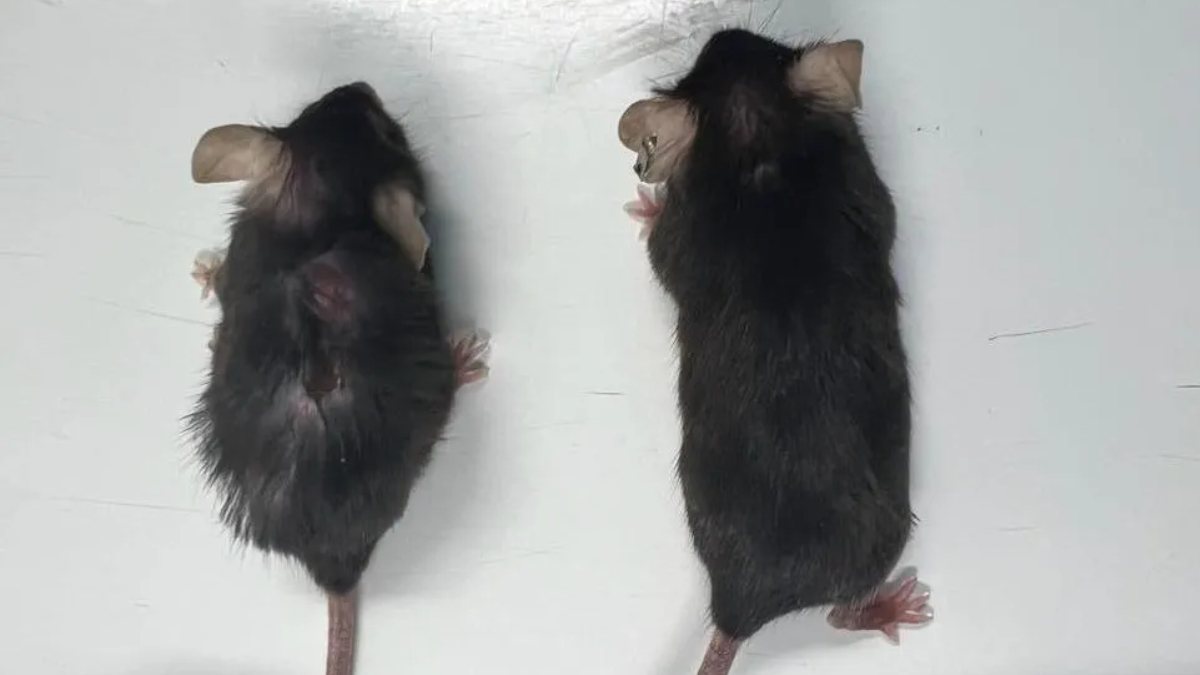Scientists have discovered a drug that increases the lifespan of laboratory animals by nearly 25%, offering potential insights into slowing human aging. The treated mice, dubbed “supermodel grannies” for their youthful appearance, displayed better health, strength, and fewer cancers compared to untreated peers.
This groundbreaking research, conducted by the MRC Laboratory of Medical Science, Imperial College London, and Duke-NUS Medical School in Singapore, focused on a protein called interleukin-11. Researchers found that elevated levels of this protein contribute to aging by increasing inflammation and influencing various biological processes.
In their experiments, scientists genetically engineered mice to lack interleukin-11 and treated older mice with a drug that removes the protein from their bodies. Results published in Nature showed that these modifications extended lifespans by 20-25%, improved muscle function, reduced frailty, and decreased cancer rates.
The drug, currently being tested for lung fibrosis, shows promise for human applications. However, researchers caution that more studies are needed to determine its efficacy and safety in humans. Prof Stuart Cook expressed optimism about its potential transformative impact on human aging, highlighting the importance of the ongoing trials.
While other drugs like metformin and rapamycin are also being explored for their anti-aging properties, the new findings add a significant development in the field. Prof Anissa Widjaja emphasized the relevance of this research to human health, noting similar effects in human cells and tissues.
Experts, including Ilaria Bellantuono from the University of Sheffield, acknowledge the solid data but also point out challenges such as the high cost and practicalities of widespread use. Nonetheless, this discovery marks an important step toward understanding and potentially extending healthy aging in humans.






